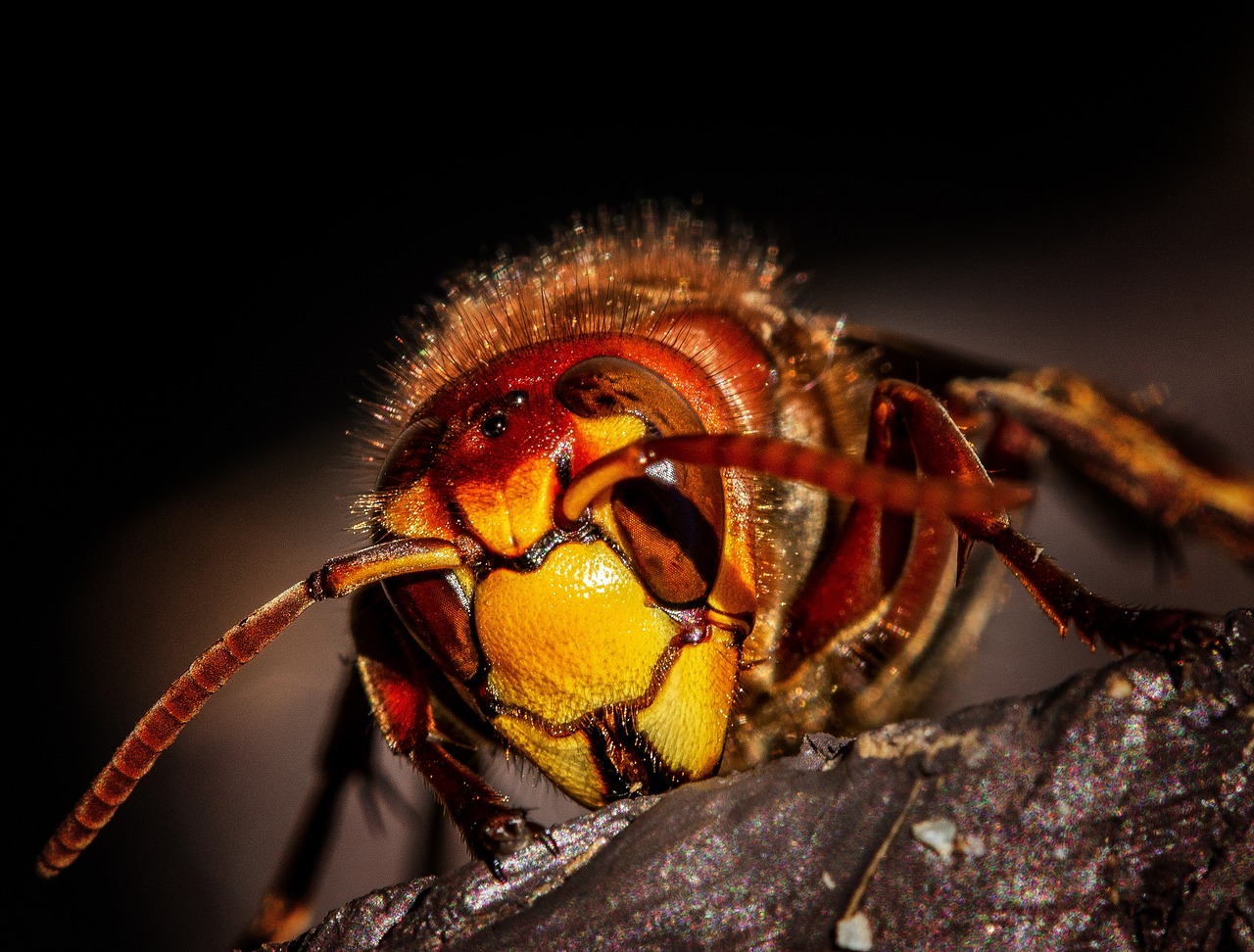Pest Control - Part 1
Dealing with Garden Pests - Part 1
Gardening can be a rewarding and enjoyable activity, but it often comes with the challenge of dealing with pesky garden pests that can damage your plants. In this article series, we will explore various common garden pests and how to effectively manage them to protect your garden.
Identifying Garden Pests
Before you can effectively deal with garden pests, it's crucial to be able to identify them. Some common garden pests include:
- Aphids: These small, soft-bodied insects feed on plant sap and can quickly multiply, causing damage to plant leaves.
- Slugs and Snails: These slimy creatures feed on young plant shoots and leaves, leaving behind holes and slime trails.
- Caterpillars: The larvae of butterflies and moths, caterpillars can chew through leaves and damage plants.
- Spider Mites: These tiny pests suck the sap from plants, causing leaves to discolor and wilt.
Organic Pest Control Methods
When it comes to managing garden pests, many gardeners prefer to use organic methods to protect their plants without harmful chemicals. Here are some effective organic pest control methods:
- Handpicking: Simply picking off pests like caterpillars and slugs by hand can be an effective way to reduce their numbers.
- Neem Oil: Neem oil is a natural insecticide that can help control a variety of garden pests without harming beneficial insects.
- Companion Planting: Planting certain flowers and herbs alongside your vegetables can help repel pests and attract beneficial insects.
- Biological Controls: Introducing natural predators like ladybugs or parasitic wasps can help keep pest populations in check.
Conclusion
By identifying common garden pests and utilizing organic pest control methods, you can protect your plants and promote a healthy garden ecosystem. Stay tuned for Part 2 of our series, where we will delve into more pest management strategies.

References:
